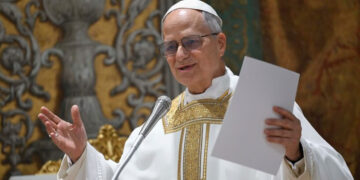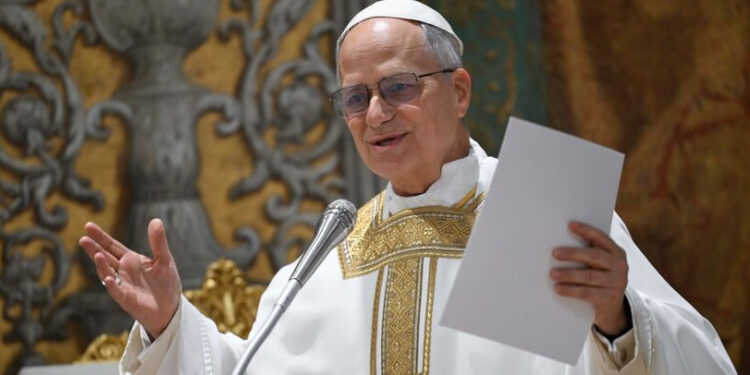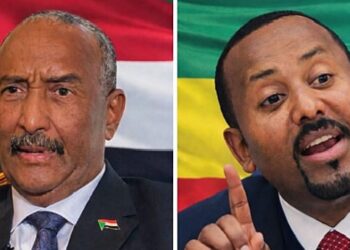In his first formal address to the College of Cardinals on Saturday, Pope Leo XIV positioned artificial intelligence as one of the defining moral challenges of the modern era while pledging to uphold the inclusive vision of his predecessor, Pope Francis.
The Chicago-born pontiff, elected in a swift conclave this week, signaled his papacy would bridge tradition and contemporary social concerns, much as his namesake Leo XIII did during the Industrial Revolution.
Drawing direct parallels between today’s digital upheaval and the industrial transformations of the 19th century, the first American pope invoked Leo XIII’s landmark 1891 encyclical Rerum Novarum which established Catholic social teaching on labor and economics as a model for addressing AI’s threats to human dignity.
“The Church offers everyone the treasury of its social teaching in response to… developments in artificial intelligence that pose new challenges for justice and labor,” he declared in Italian from the Vatican’s synod hall.
The remarks advance concerns Francis amplified late in his papacy, including a 2024 call for binding international AI regulations and his historic address to G7 leaders warning against algorithm-driven dehumanization. Leo’s emphasis suggests the Vatican will intensify advocacy for ethical AI frameworks under his leadership.
Retaining the Augustinian motto “In Illo uno unum” (In Him we are one) from his tenure as Bishop of Chiclayo, Peru, Leo stressed unity as a governing principle.
His repeated citations of Francis’ 2013 manifesto The Joy of the Gospel underscored commitments to collegial governance and attention to grassroots Catholic movements, particularly in the Global South where he spent decades as a missionary.
The 67-year-old pontiff, born Robert Prevost, earned cardinals’ confidence through what Madagascar’s Cardinal Désiré Tsarahazana described as an “extraordinary” consensus, securing over 100 votes on the fourth ballot despite traditional reservations about an American pope.
Vatican Secretary of State Cardinal Pietro Parolin praised Leo’s “calmness in argumentation” and “love for everyone” in a published letter, recalling his adept handling of complex diocesan and curial challenges.
While embracing Francis’ focus on the marginalized promising “loving care for the least and rejected,” Leo’s choice of namesake hints at a papacy that may more explicitly engage economic structures. Like Leo XIII, who critiqued both unfettered capitalism and state socialism, the new pope faces a world where AI and automation are reshaping labor and inequality.
As mourners still gather at Francis’ tomb, Leo’s early actions reveal a leader mindful of his predecessor’s legacy yet prepared to apply Catholic social teaching to what he termed “another industrial revolution,” one where algorithms, not assembly lines, threaten to redefine what it means to be human.
With Saturday’s address, the Augustinian missionary turned pontiff has begun charting a course for the Church in the algorithmic age.




































